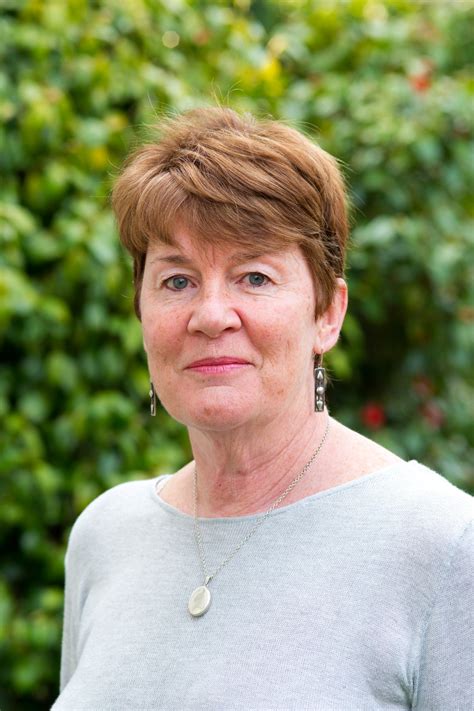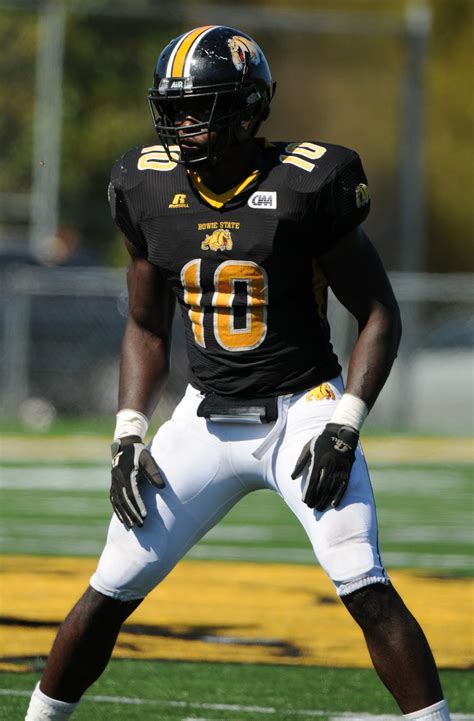A Quote by Fiona Barton
It was this fascination with hidden lives, I suspect, that led me to journalism; seeking to uncover the truth about people became a job.
Related Quotes
I think everybody's talking about like facts and truth and you know like that 'We're here to fact check' and all of that, that's the base material of journalism. You cannot have journalism without facts and truth. But if facts and truth were what actually you know sort of moved people's lives and moved their decision-making like the election would have had a different outcome.
It's very difficult to measure the impact on policy of any investigative journalism. You hope it matters to let a little more truth loose in the world, but you can't always be sure it does. You do it because there's a story to be told. I can tell you that the job of trying to tell the truth about people whose job it is to hide the truth is about as complicated and difficult as trying to hide it in the first place.
Matt Drudge's role in the Monica Lewinski scandal] strikes me as a new and graphic power of the Internet to influence mainstream journalism. And I suspect that over the next couple of years that impact will grow to the point where it will damage journalism's ability to do its job professionally, to check out information before publication, to be mindful of the necessity to publish and broadcast reliable, substantiated information.
I was a young woman who had grown up in the mountains of Montana as a Protestant Methodist in a pretty good social gospel tradition. I became fascinated with the religious lives of others who seemed also to be very religious, yet in ways that were quite different from my own. That fascination led to relationships, in India and elsewhere, with families of Hindus, of Muslims, of Sikhs, and a lot of study.
The truth was I'd given up waiting long ago. The moment had passed, the door between the lives we could have led and the lives we led had shut in our faces. Or better to say, in my face. Grammar of my life: as a rule of thumb, wherever there appears a plural, correct for singular. Should I ever let slip a royal We, put me out of my misery with a swift blow to the head.
And what if we’d been utterly open? Made jokes about the first wife? What if we’d been that kind of family? Well, I would have been different, surely. But not because I knew the secret. For it wasn’t the secret—the secret that wasn’t a secret anyway—that led to the austerity in our lives. It was the austerity that led to the secret. And what I had been marked by, probably most of all, was the austerity. It had made secrets in my life too. Or silences, anyway, that became secrets. That became lies.
I conclude where I began, I was elected by the people of Australia to do a job. I was not elected by the factional leaders of Australia, of the Australian Labor Party to do a job - though they may be seeking to do a job on me, that's a separate matter. The challenge therefore is to honour the mandate given to me by the Australian people.
































